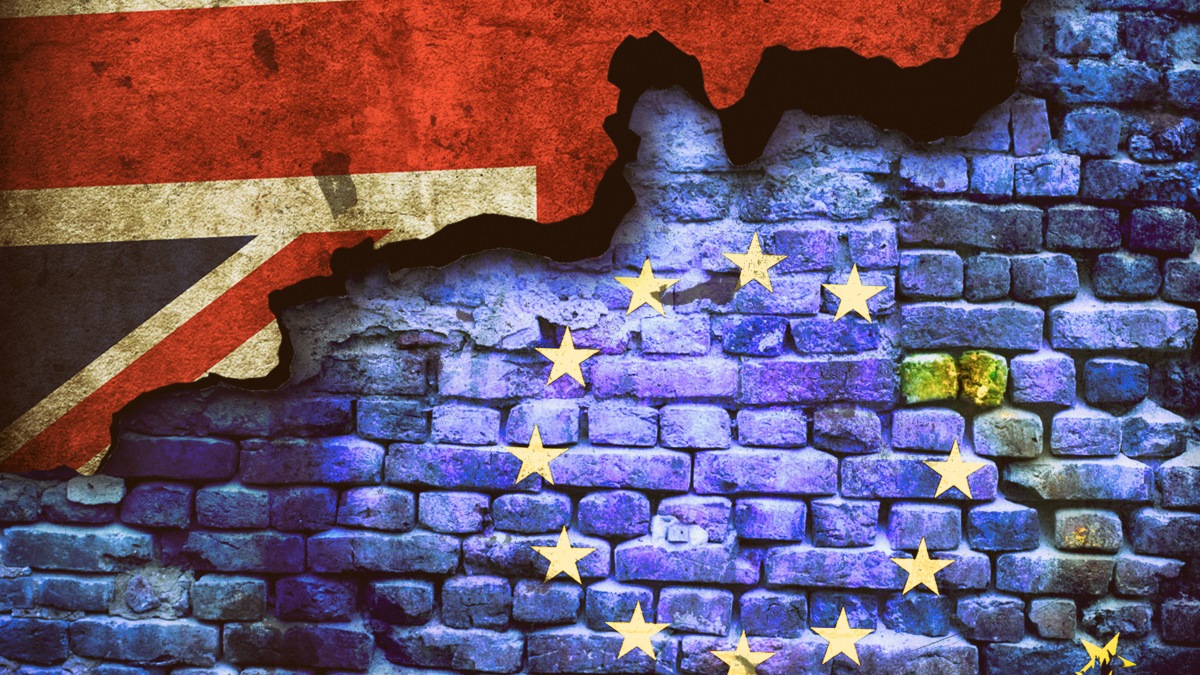It is not easy to forecast the impact of our departure from the EU on human rights. Our adherence to the European Convention on Human Rights is not directly affected because the convention emanates not from the EU but the Council of Europe, of which our membership continues. Likewise the Human Rights Act 1998 is and will remain binding UK legislation– unless or until repealed by the UK parliament. And those safeguards for human rights already established in the common law from Magna Carta onwards will not be reduced.
However, one important human rights instrument, the Charter of Fundamental Rights, binds us currently as an EU member. In the European Union (Withdrawal) Bill now being debated by a committee of the whole House of Commons, the government proposes (clause 3(1)) that “direct EU legislation, so far as operative immediately before exit day, forms part of domestic law on or after exit day.” However the Bill proposes certain exceptions, among which is clause 5(4): “The Charter of Fundamental Rights is not part of domestic law on or after exit day.” An attempt to delete this exception and preserve the Charter failed. Unless removed at a later stage, the Charter will no longer form part of the body of EU law which is to be retained as part of domestic law after we leave the EU.
This would be a surprising anomaly. Why leave out the Charter? The government argues that it is not needed because human rights are protected in other ways and will continue to be so. That is not good enough. A more likely explanation for withdrawal from the Charter is the antipathy to human rights legislation of those Conservatives who see it as an encroachment on UK sovereignty.
Furthermore, our continued membership of the European Convention and the survival of the Human Rights Act cannot be guaranteed if the present government remains in office. Theresa May has threatened the end of both and it seems that only the determined opposition of some Tory MPs led by the former attorney-general Dominic Grieve MP, has rescued both them until now.
Assuming that the Human Rights Act and our participation in the European Convention continue, what difference will it make that we are no longer bound by the Charter of Fundamental Rights? The government’s assurance that the rights conferred by the Charter would be preserved in domestic law cannot be relied on.
It is true that in general the rights in the Charter duplicate the rights in the Convention. Under the Charter they are enforceable through the European Court of Justice as well as in the European Court of Human Rights. That applies to all the states in the EU, who are all members of the Council of Europe. However, in addition to the rights conferred by the Convention and carried into our domestic law by the Human Rights Act, the Charter adds to human rights protection. It does so not only by granting additional rights but by providing a framework in which human rights can be developed and expanded in ways the Convention does not allow.
Crucially, Charter obligations override conflicting domestic legislation. That is not the case with Convention rights. Our courts must apply domestic legislation and can merely make a declaration of incompatibility in the event of conflict with the Convention. The emphasis of the Charter is on “fundamental” rights which trump all others. The Charter is designed to permit development of new rights and new means of protecting rights.There are also specific areas where the Charter has broader protections .
Among the latter are greater protection for personal data; a right to vocational and continuing training which does not feature in the Convention; a freestanding right to equality of treatment which contrasts with the Convention’s limited prohibition of discrimination only in relation to Convention rights; and specific protection for the rights of children in line with those granted by the UN Convention on the Rights of the Child.
These benefits may be lost if the Charter can no longer be relied on in UK courts
Some Conservative politicians, goaded by tabloid newspapers, fetishise human rights as a European import which infects the purity of British law with a poisonous foreign venom. They persistently campaign against legal safeguards for human rights. They forget that one of the most prominent advocates of the Convention was Winston Churchill and it was mainly drafted by British conservative lawyers such as Lord Chancellor Kilmuir.
In 2012 the Commission on a Bill of Rights reported on proposals for replacing the Convention and the Human Rights Act with a home-grown “British Bill of Rights”. A narrow majority of its members favoured the idea in principle but clearly no one regarded it as a priority. The present government seems to share that view and for the time being at least the idea has been dropped. In practice we already have a bill of rights in the Human Rights Act. It is also significant that the courts have increasingly sought to develop the common law to extend the protection of human rights in line with European standards. See for example the recent Supreme Court cases: R(on the application of UNISON) v. Lord Chancellor [2017]UKSC 51 and Commissioner of Metropolitan Police v. DSD and another [2018]UKSC. While we may be optimistic that in the long term human rights principles will be so integral to our law that legislation will no longer be needed, until then we must keep all the safeguards we have.
This article was first published on the New Law Journal.



